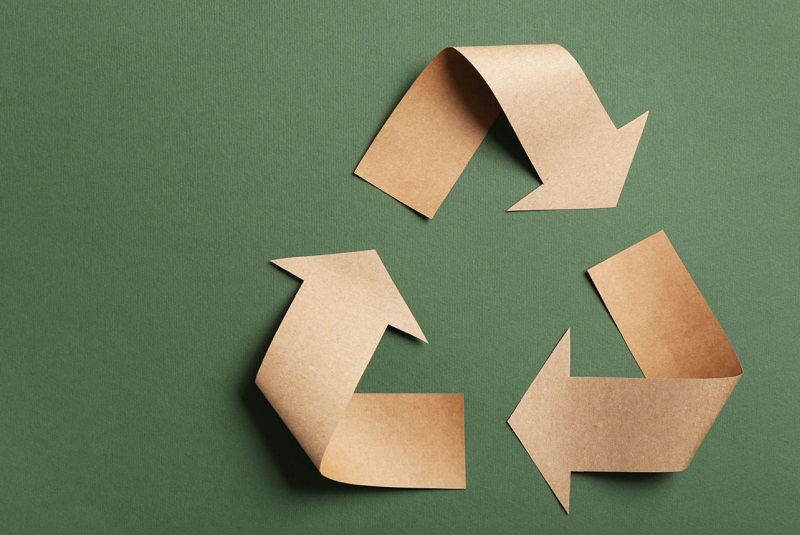
Biofabrik and Enespa AG have unveiled their plan to build the biggest facility for plastic recycling made of modular pyrolysis plants. The first WASTX Plastic unit will begin its operation in the spring and over the next few years the location will gradually be scaled to reach a capacity of several hundred tons per day. And due to stocks and bonds issued by Enespa, everybody can participate, said the company.
“Do something for the future of your kids. Do something for yourself. Invest in plastic recycling,” said Cyrill Hugi, CEO of Swiss-based company Enespa AG. “Everyone knows about the plastic crisis – it’s a general issue of all human beings. The thing is, when it is out of your sight, you forget about it and just don’t care anymore – this is the biggest problem. But it’s still out there. We have to learn how to handle the plastic waste correctly.” He also noted that “surprisingly, even in a country like Switzerland plastic recycling is still startlingly low with incineration rates as high as 80 percent.”
The teams of Biofabrik and Enespa have been working together for more than 10 years, and at present they are working on building a plastic recycling factory in Germany capable to process several hundred tons of plastic waste per day, with Biofabrik as a technology provider and Enespa as financier and operator.
The WASTX Plastic is a modular plastic recycling unit and due to its unique design and technical features, it is said to be easily scalable, which provides the opportunity to recycle as much plastic waste as the location requires, starting from 1,000 kg daily (one P 1000 unit). The decentralised model brings the solution for plastic pollution directly to the place where plastic waste is collected, as per the statement. Even though the Covid-19 crisis has made it a lot more complicated to commission the project, it is expected to be take place in late March this year.
“At the moment we are at the test phase of the first P 1000 module of the WASTX Plastic, which processes up to 1,000 kg of plastic daily. After this is completed, we will gradually scale it up and build a factory near Dresden that recycles several hundred tons of plastic per day. This is something which no one has done before,” said Hugi. “It will be a proof that even if you want to build a large-scale plastic recycling facility, it’s better to use modular technology, which is not only scalable but makes the system immune to failures. Like in a server cabinet, if one module stops working, the other ones will continue operation. Moreover, it’s also an educational project – we bring attention to the issue of plastic pollution and present a solution for it,” he commented.


.jpeg)




